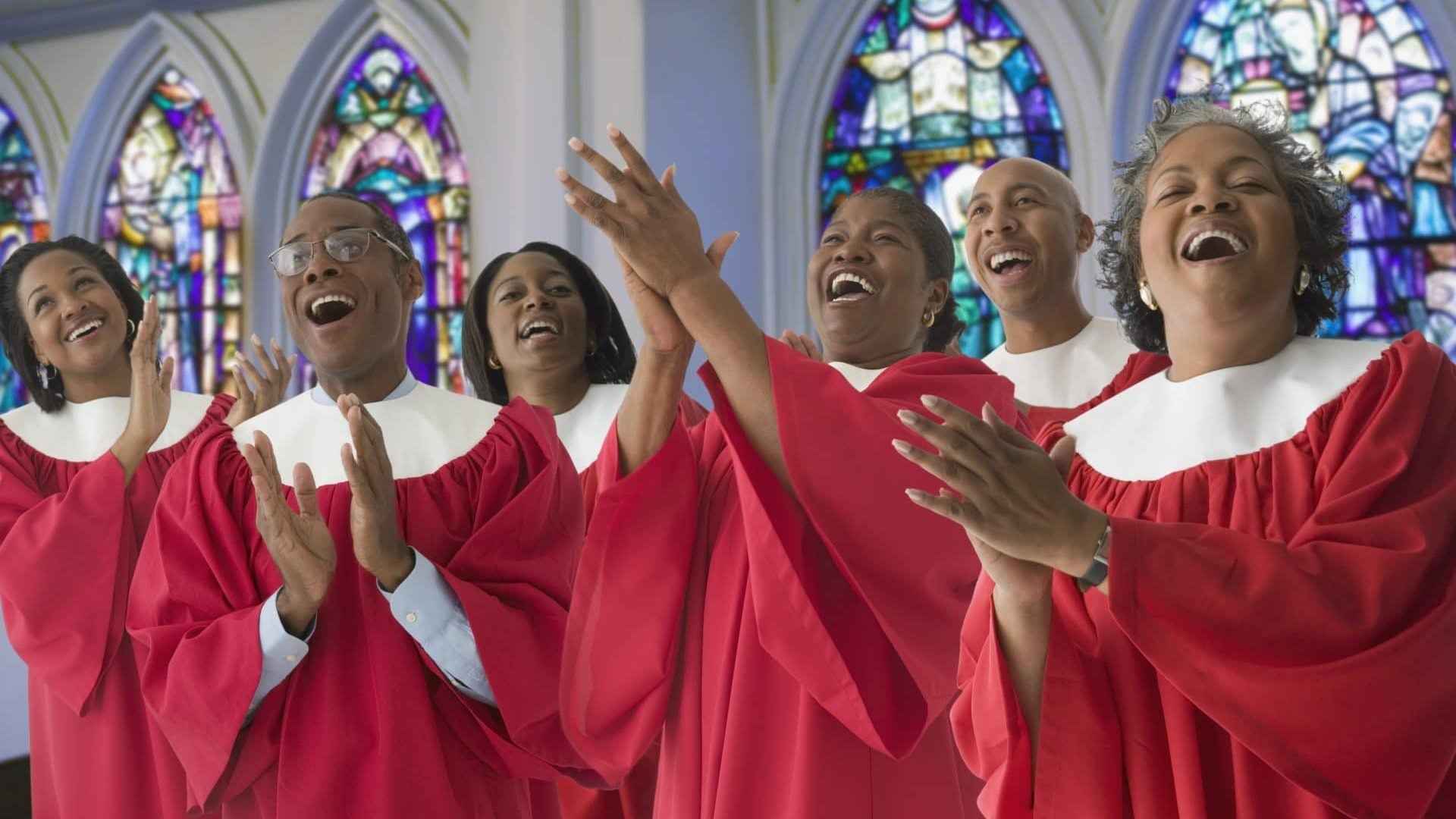
On April 17, Beyonce´ released Homecoming, a behind the scenes documentary about her historic performance as the first Black woman to headline Coachella. An event that heralded the Southern traditions of Historically Black Colleges and Universities; j-setting and probate influenced choreographies and majorette inspired apparel, over millennium classics such as Swag Surf and Back That Azz Up that conjure memories of undergraduate kickbacks, where an aura of Black freedom and joy encompasses students as they engulf liquored mixtures of Hennessy.
For Black communities in the South, HBCUs are physical embodiments of home, sacred spaces where students can trace their genealogy, and participate in a cultural tradition that gave us icons such as Toni Morrison, Debbie Allen, and Martin Luther King Jr. But without the Black church, many HBCUs would not exist.
The African Methodist Episcopal Church, the first Black Christian denomination in the United States, was founded by Paul Quinn and Morris Brown College to continue its social justice teachings of advocating and empowering marginalized communities. For generations, churches have funded HBCUs, due to their spiritual ideologies and principles. Black people possess the inherently spiritual abilities to create homes from the communal traditions of ancestors who passed before us; apparent in our cultural traditions of dance, music, and culture; we’ve created home since our original removal from Africa.
My first home was Corinth Baptist Church, the first Black church in my father’s hometown of Temple Texas, where my grandmother baptized all ten of her children, and the birthplace of my spiritual awakening. When I heard the beginnings of Lift Every Voice and Sing, I was transported back to countless Resurrection Sunday services, a holy space of Black congregation where elders spoke in tongues and connected to ethereal spirits of our past; whose omnipresent force gave us comfort reminiscent of Jesus’ reemergence to his apostles. For my grandmother’s generation, the Black church was the epicenter of civil rights activism and organizing, because those spaces provided an introductory taste of freedom and liberation, free from the white gaze.
Over the past several years, our churches have been attacked by white supremacists; we’ve mourned the Charleston nine who lost their lives at the historic Emanuel African Methodist Episcopal Church, and donated to Mount Pleasant Baptist Church, St. Mary’s Baptist Church, and Greater Union Baptist Church, three historic Black churches in Louisiana who were burned down. Sadly, these attacks are the latest editions in a lineage of attacks on Black churches in this nation. Despite these horrors, Black communities maintain the highest attendance of church attendance than their racial counterparts, according to Pew Research Center. Although there’s our historical relationship with the church, younger Black communities are more likely to be unaffiliated with religion and open to finding spiritual fulfillment outside of the church.
Similar to my millennial counterparts, I’ve struggled with my relationship with the church. Despite my childhood upbringings to Kirk Franklin, and tear-filled breakdowns to Tasha Cobbs, at times I felt at odds with the spiritual traditions that raised me. As I grew into my sexuality and queerness, slut-shaming sermons rooted in patriarchal assumptions transformed the church into a place of violence.







Where do Black LGBTQ youth go for spiritual fulfillment when they’re unable to praise and worship, out of fear, that their congregation is going to add their name on the prayer list, to pray the gay away? On Easter Sunday, I fellowshipped at my mentor’s house, a mere 15 miles away from the first church I called home, for brunch Kanye West’s Sunday Service played in the background. We created our own Black queer church, and found delight in West’s re-arrangements of Fred Hampton classics; because despite the horrors imposed upon by Black LGBTQ youth by the Church, it’s still my home.
In times of despair, I still call upon the Lord and ask for protections throughout times of uncertainty. I carry the word with me always, as Jeremiah 1:8 is tattooed on my left wrist, because my grandmother taught me in church, to not be afraid because the Lord is with me always. Although, I have not stepped foot into a church in over a year; we have a moral obligation to Black churches, who have always provided us a place to call home.




